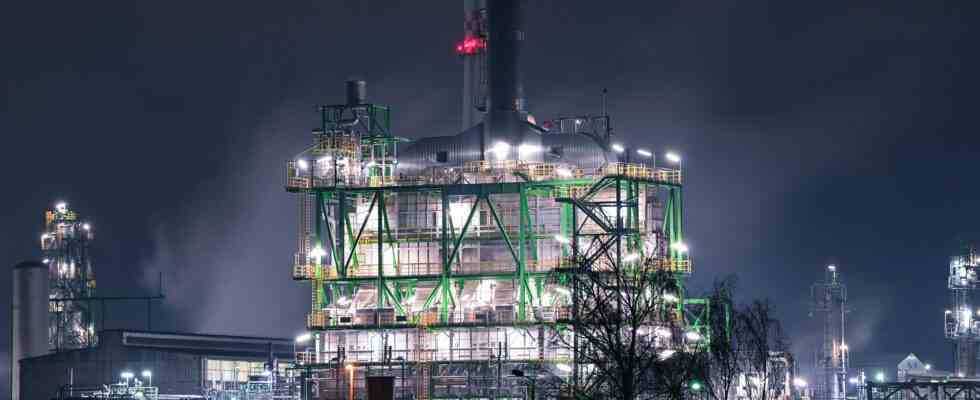background
Status: 09/16/2022 5:36 p.m
With Rosneft Germany and Gazprom Germania, two subsidiaries of Russian corporations are now under trusteeship. What does this measure bring? What is the difference to nationalization?
The term “Treuhand” is reminiscent of the end of the GDR and the beginning of the 1990s: the Treuhandanstalt was founded in the middle of 1990. It restructured the East German economy according to hard market criteria and prepared for reunification. Their task was the fiduciary administration of public property. They privatized the state-owned companies or closed them down.
Legally, a trustee is a person or entity authorized to look after the interests of another person. For example, he manages the assets of another legal entity.
Energy Security Act as the legal basis
Now the federal government has rediscovered the trust management model – to solve the problems in the energy industry. This time, however, it is not about the privatization of companies. On the contrary: It’s about state control – with the aim of securing the energy supply in Germany. The Energy Security Act of 1975 was reformed as the legal basis for trust management.
The federal government has appointed the Federal Network Agency as the trustee – first for Gazprom Germania and now also for Rosneft Germany. The authority thus has access to the PCK refinery in Schwedt. It also takes control of the shares in the refineries MiRo in Karlsruhe and Bayernoil in Vohburg. This is to ensure that the refineries continue to be supplied with oil.
Netzagentur has far-reaching operative rights to intervene
In the future, the Federal Network Agency will have an influence on the operative business of companies: it can issue instructions to the management. It also has the option of dismissing or appointing new members of the Management Board. The companies cannot make any decisions that are not approved by the trustee – i.e. the Federal Network Agency.
“On the basis of the trusteeship arranged under the Energy Security Act, the original owner no longer has the authority to issue instructions,” the Federal Network Agency announced today. “The trustee will have the opportunity to play a key role in ensuring that the company continues to operate in accordance with its importance to the functioning of the energy sector community,” it said.
control of the funds
Controlling your assets is particularly important. The Federal Network Agency supervises the assets of the companies managed in trust. This means: No money can be withdrawn to Russia.
Nevertheless, it is not a takeover, so it is not a nationalization. The trustee does not take over any company shares. The companies – Gazprom Germania and Rosneft Germany – remain in the possession of the previous owner. You keep your turnover, profit and loss. After the end of the temporary trust management, the companies can be continued as before. In the case of Rosneft Germany, the trusteeship is initially limited to six months.
No expropriation
The trust model has nothing to do with expropriation. The Energy Security Act only provides for such a massive intervention by the state as an “ultima ratio”, as the very last resort. Politicians shy away from expropriations. They are complex and subject to uncertainties, says Federal Minister of Economics Robert Habeck (Greens). The German government fears that in such a case Russia would respond with retaliation and immediately halt oil supplies or cut off gas supplies altogether. In addition, compensation would have to be paid in the event of expropriation. That would be difficult to convey politically if the taxpayer had to pay compensation to Rosneft and Gazprom.
Energy law experts consider the trust management model to be the better alternative to expropriation. In this way, it is possible to ensure that production continues,” said Christopher Bremme from the Linklaters law firm in the “Handelsblatt”.

